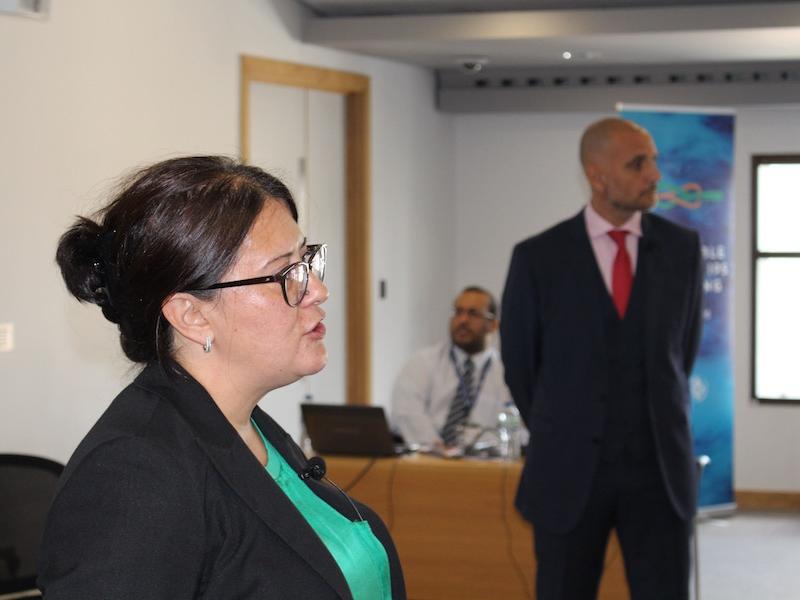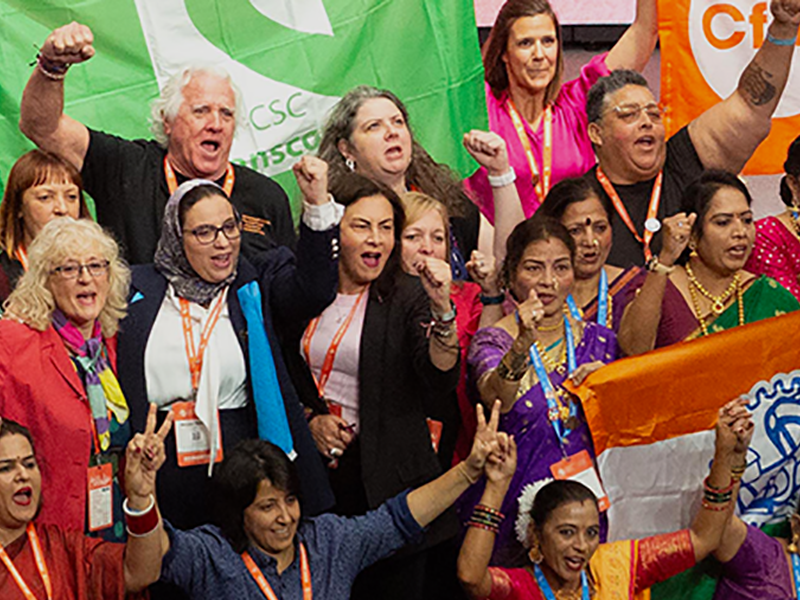The FPC SG met on 10 December 2020 and discussed the IMEC Circular (20)123 “ILO minimum basic wage for an AB and IBF basic wages – Difference explained”, which was published on 1 December 2020.
The FPC SG is disappointed and deeply concerned that IMEC unilaterally decided to release the circular without prior consultation or engagement with the ITF as their social partners.
With the circular, the IMEC is effectively imposing upon its member companies a new and unilateral interpretation of the ILO Minimum Wage for Able Seafarers without regard to other parties of the established and time-tested process, i.e. ITF, International Chamber of Shipping and International Labour Organization.
The FPC SG views this unilateral action as provoking and harmful to the ITF-IMEC relationship and, in particular, the collective efforts that has been established and proved successful to all parties over the last 17 years.
The ITF finds the circular from IMEC especially frustrating because throughout the Covid-19 pandemic, the ITF has been responsive to requests for assistance from IMEC and their individual member companies. The ITF has been committed to working collaboratively with IMEC and the other Joint Negotiating Group (JNG) members to finding joint solutions to the challenges Covid-19 has posed for seafarers and for employers, including concessions and assistance – where and when necessary.
The FPC SG disagrees with the contents of the circular since the International Bargaining Forum (IBF) system moved away from the ITF Total Crew Cost (TCC) concept of a “benchmark” and a differential wage scale to a “model ship” system. The model ship methodology allows for flexibility in local negotiations of the distribution of centrally negotiated wage increases.
It is unlikely that IMEC would have issued the circular if the IBF wage negotiations were held in early 2020 as originally scheduled. However, the ITF agreed to the request from JNG that the IBF wage negotiations be deferred until April 2021, which prompted a situation concerning the basic wage for an able seafarer in some of the IBF agreements. This situation is also the consequence of flexibility to the distribution of increases to which the IBF methodology allows.
Irrespective of the reasons, the FPC SG strongly objects to the unilateral interpretation from IMEC, which could result in seafarers in lower positions being robbed of any wage increase for years to come. This is especially disappointing since the same seafarers have diligently kept the global supply chain moving, even when they have had to extend their contracts way past their original tour of duty.
The FPC SG expects IMEC to honour the system that has been agreed and in place now for 17 years, and that any changes or changes in interpretation to the IBF methodology be raised in accordance with and within the agreed IBF process.
- ITF Fair Practices Committee Steering Group (FPC SG) - 15 December 2020




